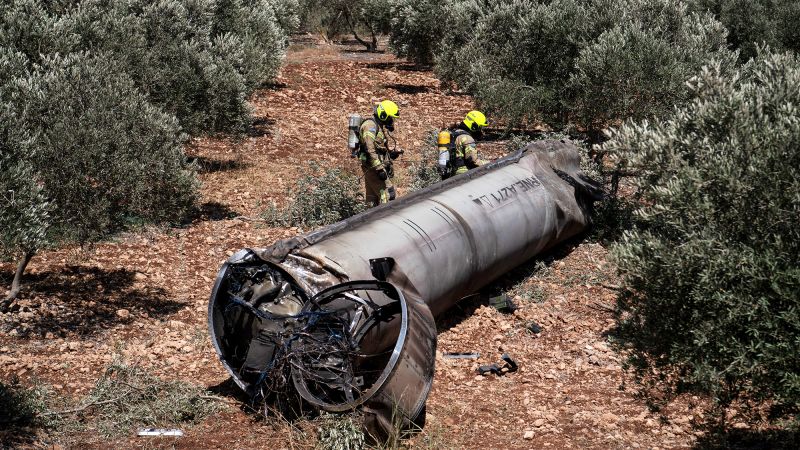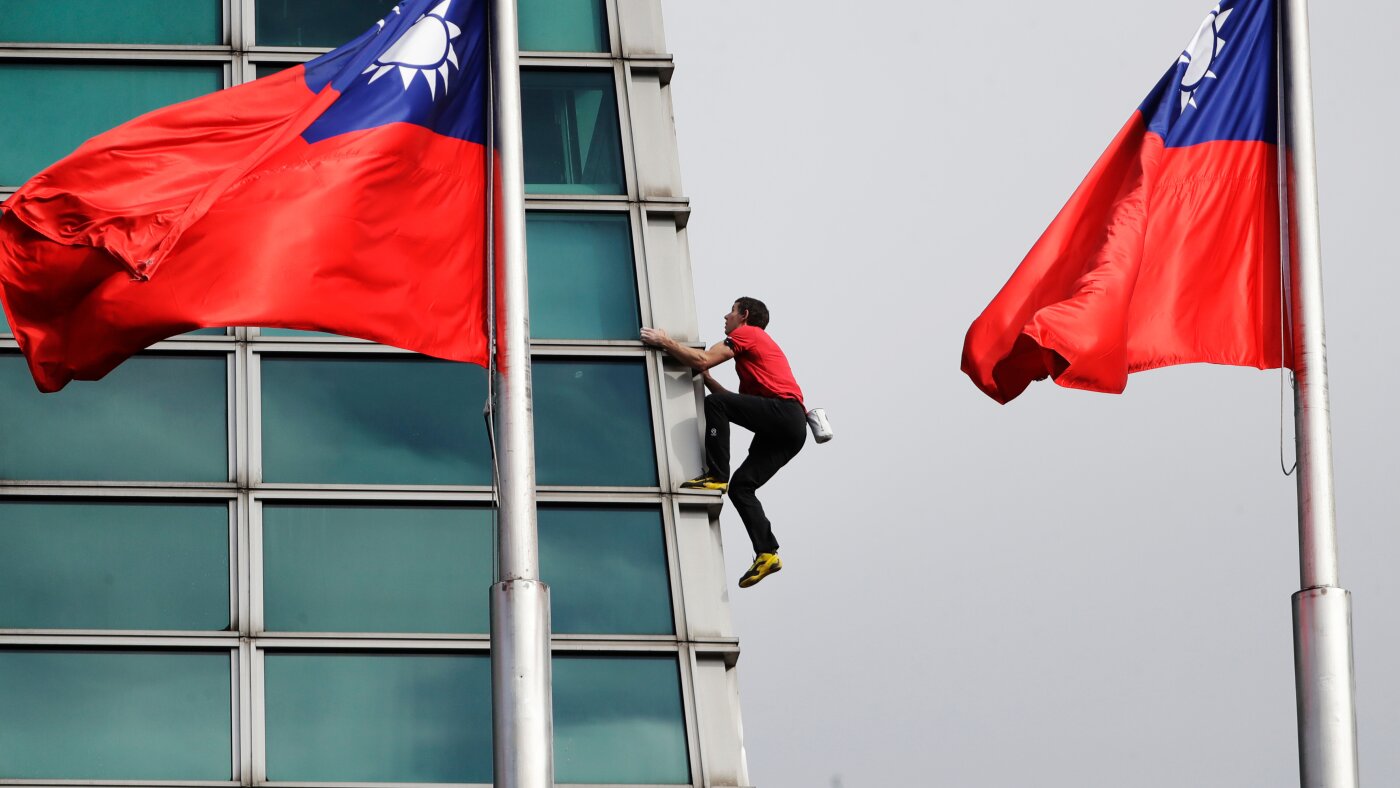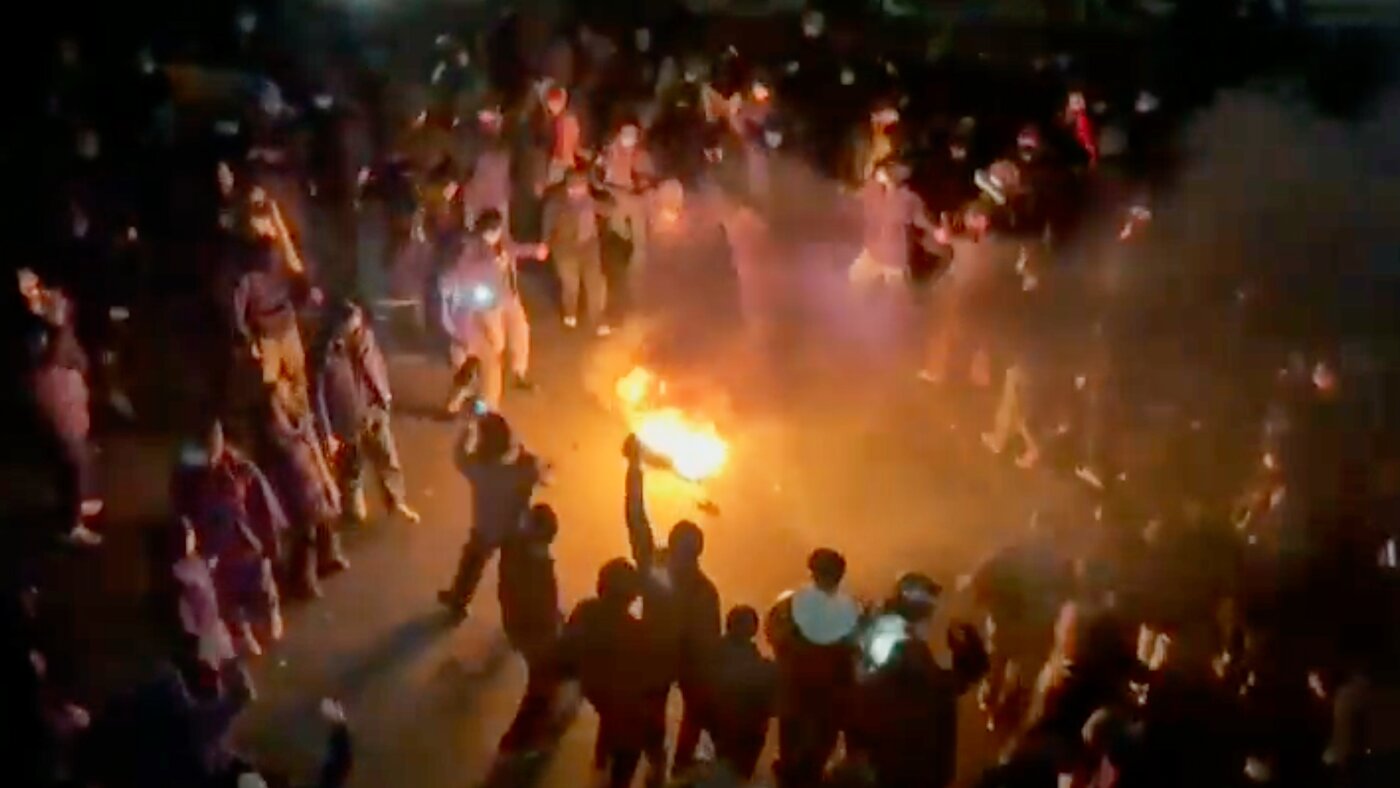Western intelligence reports that Iran is intensifying its ballistic missile program despite the reimposition of United Nations sanctions. These sanctions, which were reinstated in September 2023, specifically prohibit arms sales and activities related to ballistic missiles. Intelligence sources from Europe indicate that multiple shipments of sodium perchlorate, a vital ingredient for solid rocket propellant, have been delivered from China to the Iranian port of Bandar Abbas since the sanctions took effect.
The shipments reportedly began on September 29, comprising approximately 2,000 tons of sodium perchlorate, purchased by Iran following a conflict with Israel in June. Experts suggest these acquisitions demonstrate Iran’s commitment to replenishing its missile stockpiles after significant losses during the 12-day conflict, where Israeli forces targeted Iranian missile launchers.
The vessels involved in these shipments, some of which are already under U.S. sanctions, have reportedly made repeated trips between China and Iran since late April. For instance, the MV Basht, sanctioned by the U.S., left Zhuhai on September 15 and arrived in Bandar Abbas on September 29. Other vessels, like the Barzin and Elyana, also followed similar routes, indicating a systematic effort to facilitate these deliveries.
UN Sanctions and International Implications
The renewed sanctions come after the so-called “snapback” mechanism was triggered due to Iranian breaches of the 2015 Joint Comprehensive Plan of Action (JCPOA). Under these sanctions, Iran is barred from engaging in any activities related to ballistic missiles that could potentially deliver nuclear weapons. Furthermore, UN member states are mandated to prevent the supply of materials that could aid Iran’s development of a nuclear weapons delivery system.
While sodium perchlorate is not specifically listed in the UN documents banning exports to Iran, it is a direct precursor to ammonium perchlorate, which is prohibited. Experts argue that the absence of an explicit ban may allow China to claim compliance with international regulations. A spokesperson for China’s Ministry of Foreign Affairs, responding to inquiries about the shipments, emphasized that China adheres to export controls in line with its international obligations.
China and Russia have opposed the reimposition of these sanctions, arguing that they undermine diplomatic efforts regarding Iran’s nuclear program. The Chinese government has expressed that it views the sanctions as “unconstructive” and detrimental to resolving the issue peacefully.
Patterns of Resupply and Strategic Calculations
The increased shipments of sodium perchlorate follow previous reports of similar activities, suggesting a pattern of resupply by Iran. Following the June conflict, analysts like Jeffrey Lewis, director of the East Asia Nonproliferation Project at the Middlebury Institute of International Studies, noted that Iran would require significant quantities of sodium perchlorate to replace expended missile stocks and ramp up production.
Lewis pointed out that 2,000 tons of sodium perchlorate could potentially support the production of around 500 missiles. He speculated that Iran’s missile production capabilities had been significantly impacted, necessitating urgent restocking efforts. The situation is characterized as a pause in hostilities, with both Iran and Israel racing to replenish their arsenals.
Historically, Iran has maintained strong relations with China, which has acted as a key economic ally amid international sanctions. Analysts indicate that China has been the primary destination for Iranian oil exports, utilizing a network of vessels to circumvent sanctions. This trade often involves intermediary countries to obscure the origins of the oil, allowing Chinese refineries to process it without direct accountability.
European intelligence sources suggest that a similar structure may be supporting the ongoing shipments of sodium perchlorate, involving front companies and other entities that have previously been sanctioned. Many of these operations are reportedly based in the northeastern Chinese port city of Dalian.
As the geopolitical landscape evolves, the interplay of sanctions and military resupply efforts continues to shape the dynamics of the Iranian nuclear issue. The implications of these developments extend beyond regional stability, influencing broader international relations and security protocols.







